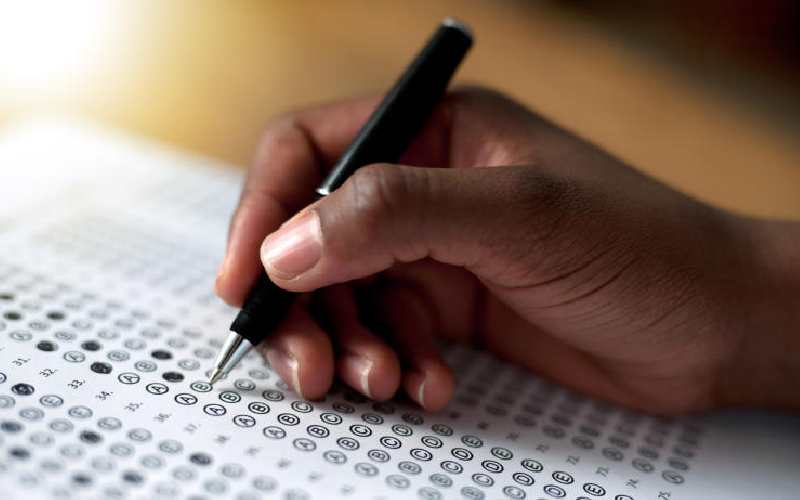×
The Standard e-Paper
Stay Informed, Even Offline

Printing examination papers abroad costs about Sh1.5 billion per year. [File, Standard]
Some 1.2 million candidates will from today sit the Kenya Certificate of Primary Education (KCPE) examinations as count down to the end of ‘cut-throat’ examinations kicks off.